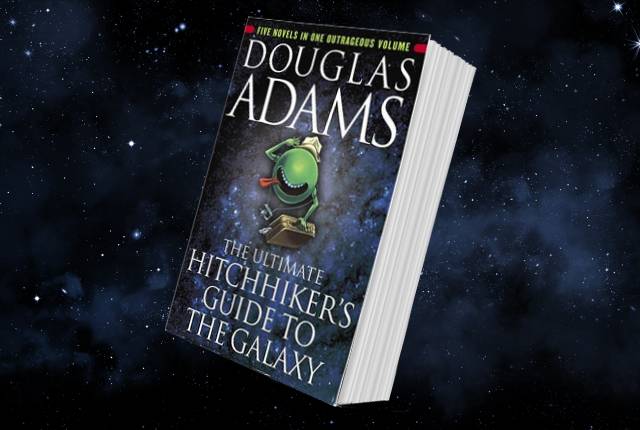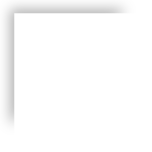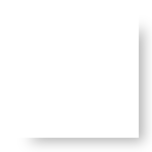李开复于纽约哥伦比亚大学工程学院毕业典礼演讲 | 一个工程师的人工智能银河系漫游指南(4)
2017-05-19 编辑:
人类已制造出许多以任务为导向的人工智能,在每个具体任务上它们的表现远超人脑,这正是我37年前的梦想。作为一个计算机科学家,我为我们所取得的科技进步成就而自豪。但我现在觉得,自己也许追逐错了方向——人类最重要的器官,不是大脑,而是内心。
我承认,我花了太长的时间才认识到这一点。我对你们的期望是,随着你们的事业开始腾飞,人生开始步入新的阶段,你们在实现人生目标的过程中不仅要利用你们聪慧的大脑,更要遵从你们的内心。
未来的重任落在你们的肩头。我相信,无论未来如何改变,只要遵从内心的指引,下一个10年必将成为你们人生中最辉煌灿烂的10年!
感谢你们,2017届毕业生。
注:本文演讲标题来自美国科技宅男必读经典科幻小说《银河系漫游指南》(The Hitchhiker’s Guide to the Galaxy)


英文版

An Engineer’s Guide to the Artificial Intelligence Galaxy
Commencement Speech, Engineering School of Columbia University
May 15, 2017 Class Day
By Dr. Kai-Fu Lee
Founder & CEO, Sinovation Ventures
President, Sinovation Ventures Artificial Intelligence Institute
Thank you, Class of 2017. Thank you so much for inviting me to speak at this wonderful commencement ceremony. It’s an honor to be back at Columbia to address this distinguished group of graduates, parents, siblings and special guests. We’ve all gathered to share in the joy of this day.
First, I want to say to you graduates: I am so proud of all of you. You did it! Your families are proud of you. You have earned this day.
I remember sitting where you are 34 years ago, feeling that these were the best years of my life. I found the profession of my life: artificial intelligence. I found the hobby of my life -- bridge; I played 30 hours a week, but to this date Columbia still wouldn’t give me a degree in it. And I had my first date while at Columbia, and she became the love of my life. And finally, on commencement day, I got to sit and listen to Isaac Asimov, the famous science fiction writer. I’m sorry that you only get me.
Anyway, I had the best years of my life. This is where you expect me, or any commencement speaker to say, “These are the best years of your lives.” But I am not going to say that.
I know that these are far from the best years of your lives. I know that your best days are yet to come. To be specific, my hope for you is that the next 10 years will be the best years in your lives.
Why 10 years? 10 years seem so far away. But really it is not. Checking in with May 2007 seems like a good way to visualize what 10 years can do in our world.
It is interesting to remember that in 2007, Steve Jobs introduced the iPhone. Back then, I was still using my Blackberry, and my wife was still using her Nokia.
And in 2007, a young senator Barack Obama, decided to run for President. And back in 2007, Donald Trump was still saying, “You are fired” rather than “Make America Great Again.”
So 10 years can do a lot, but the next 10 will do much much more than the last 10. Why? Because, the next decade will be the Age of Artificial Intelligence, or AI.
As students, you’ve probably seen AI course enrollment go from 80 to 800. And that certainly is one leading indicator.
I was introduced to AI at Columbia in 1980. As someone who has worked for 37 years on research, development, and investment in AI, I can speak with some authority that – AI will be a revolution on the scale of the Industrial Revolution, probably larger, and definitely faster.
But this is not a hand-wavy futurist AI talk. This is an engineer-to-engineer talk. We know that AI works. We know that AI gets better with more data and more use. We know how to extrapolate it to measure its impact in ten years.
Let’s first see what AI can do today.
Today, an AI image processing company that I invested in can make people’s selfies more beautiful, so much so that every Chinese movie star I know doesn’t allow her photo to be published without it. Its user base? 1.3 billion.
Today, an AI loan company that I invested in China can approve a loan in seconds, with a default rate much lower than a human loan officer who would takes days. This company is less than two years old, but will underwrite almost 30 million loans this year, more than almost any bank.
Today, an AI facial recognition company that I invested in can recognize any face from 3 million faces, with super-human accuracy. If installed in all the airports around the world, it would essentially prevent known terrorists or wanted criminals from entering any airplane.
These three AI companies are worth a total of about $10 billion. But that’s loose change compared to what can be built in the next 10 years.